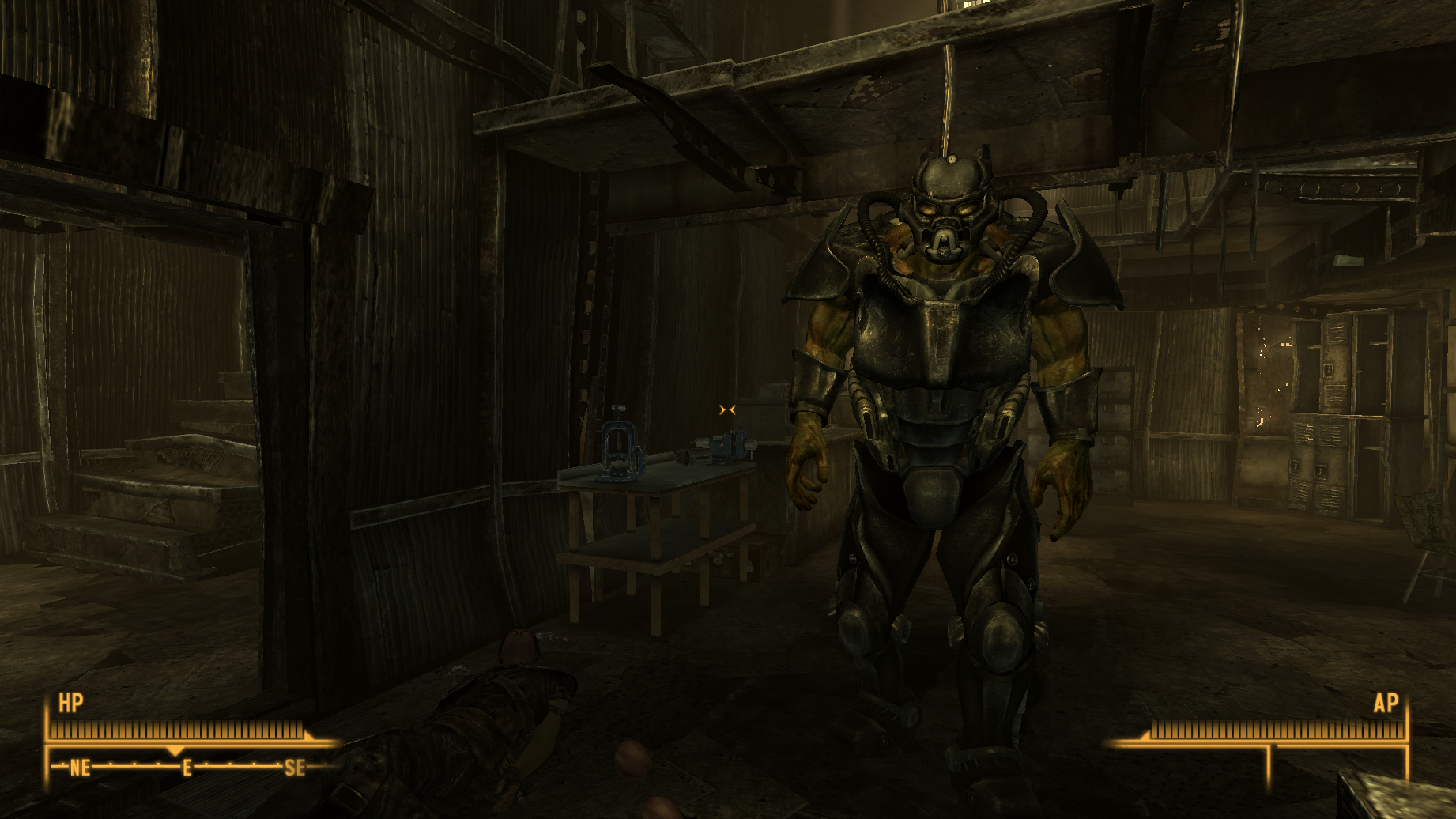
You were just that: a person chosen to do a thing you are not a chosen one because you're a super cool gal or guy who bought our game so we let you go through our very fun theme park with greenskins and ghouls strewn about as props. While you played a person that was singled out in F1, it was properly contextualized by the game mechanics such as time limit (you're a part of the world the world doesn't revolve entirely around you). It all comes down to players being mature enough not to be ego-centric special needs heroes playing with their toys or not. I wouldn't know much past that though, I don't play weaboo trash. In that game you had a set amount of time in each day that you can play around with, meaning you couldn't do all of the quests that each day offered, you had to pick and choose carefully. If memory serves, Final Fantasy Lightning Returns tried to tackle the concept and failed miserably. Fallout 1 example is pretty poor as well seeing as the invasion timer is so generous it might as well not exist. However these quests/npc are so few in each of the games there isn't much of a case study to be done. They also seem to do things (semi) independently of the player. I suppose the game that came closest to this was Dark Souls, there saying yes/no to one NPC may lead to another becoming hostile or not appearing at all. I don't really see a way of allowing the NPCs and the world to have their own life and cycle to go through without having it be frustrating to players or completely re-inventing the quest formula. Having no time limits is pretty well ingrained in the way RPGs are structured, even F1. You can end up in a completely different situation, depending on what you chose to focus on.

Other cases progress while you solve (or fail) your current case.

#Fallout 1 super player mod serial#
Kinda like playing a police detective in a town that has multiple serial cases going on. This way the player has clarity on what they are doing and there is no need to have the constant nagging fear of failing a timed sidequest while trying to do another quest. If you turn down a quest, then that still continues in the background while you focus on an another quest. I think that to make this kind of approach work the best, your should be doing a single quest at a time. A main quest that simply fails once X number of days has passed is not the best kind of design that there is. And the DM usually tries to give the players a chance to complete the resources they have available. Even if he pushes a sense of urgency, it is done for the sake of the scenario itself. But the new generation of developers and players alike have grown with the limitation built in their attitudes and expectations.īut you also have to remember that human DM tries to make the experience interesting for the players. I'm interested to hear about your replies to these questions and your thoughts on this subject.īack in the day, developers were trying to recreate the tabletop experience but had to compromise due to technological limitations. But it is also memorable in that the time limit for said quest was negatively received by a considerable amount of the playerbase, to the point Tim Cain said he would remove any time-based quest in Fallout if he could. Fallout's Super Mutant invasion is brilliant because it tied all these aspects into the main quest, of all quests you can find in Fallout.

My hypothesis is that, without this type of quest design becoming popular, RPGs will never evolve. If you spend too much time on the wilderness, the NPC may die to enemies ("what may happen"). If you wait too much, the NPC leaves ("passage of time"). For instance, you take on a quest to escort an NPC to a temple. How many quests have you encountered that fail if you take too much time solving them? By time, I mean "the passage of time", not "what may happen during the time you spend waiting".How many times refusing a quest has led to said quest solving itself (for better or worse), or a new quest/circumstance appearing in the game?.Fear of wasting time, directly related to reason number 1.Fear of saying no, or as I call it in my book, The Principles of RPG Design, The Theory of Positive Choice Reinforcement, by which the game encourages you to act, to say yes, as opposed to not acting, saying no.


 0 kommentar(er)
0 kommentar(er)
